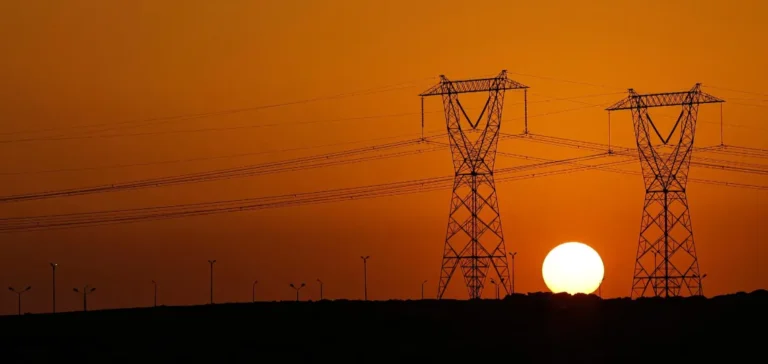Iraq’s electricity grid suffered a massive shutdown on Monday, leaving almost the entire country without public power for several hours, according to the Ministry of Electricity. The incident was triggered by the sudden stoppage of two transmission lines, causing the loss of more than 6,000 megawatts of capacity and the temporary shutdown of several power plants.
High demand during extreme heat
Temperatures reached 50°C in Baghdad and in eleven provinces in the centre and south, according to the meteorological services. This extreme heat coincided with an influx of millions of pilgrims to Karbala for the Arbaeen religious commemoration, significantly increasing energy demand. The ministry stated that the provinces of Dhi Qar and Maysan had begun to see their power supply restored in the afternoon.
Spared areas and restoration outlook
The autonomous Kurdistan region, which is modernising its network, escaped the outage and provides continuous public electricity to one-third of its population. In Basra, full stabilisation is expected by dawn on Tuesday. However, the ministry has not announced a specific timeline for the rest of the country.
A sector weakened by infrastructure issues
Iraq, rich in hydrocarbons, faces ageing infrastructure, persistent corruption and poor management of the energy sector. Summer peaks in consumption regularly trigger outages that spark public protests. According to the ministry, the country should produce 55,000 MW to meet peak demand, but this month, the power plants reached a record of 28,000 MW.
Reliance on private generators
A majority of Iraqis rely on private generators to cope with outages, although their capacity is insufficient to power high-energy devices such as air conditioners. Meteorological authorities estimate that emissions from these generators contribute to local temperature increases, further complicating the management of electricity demand.






















